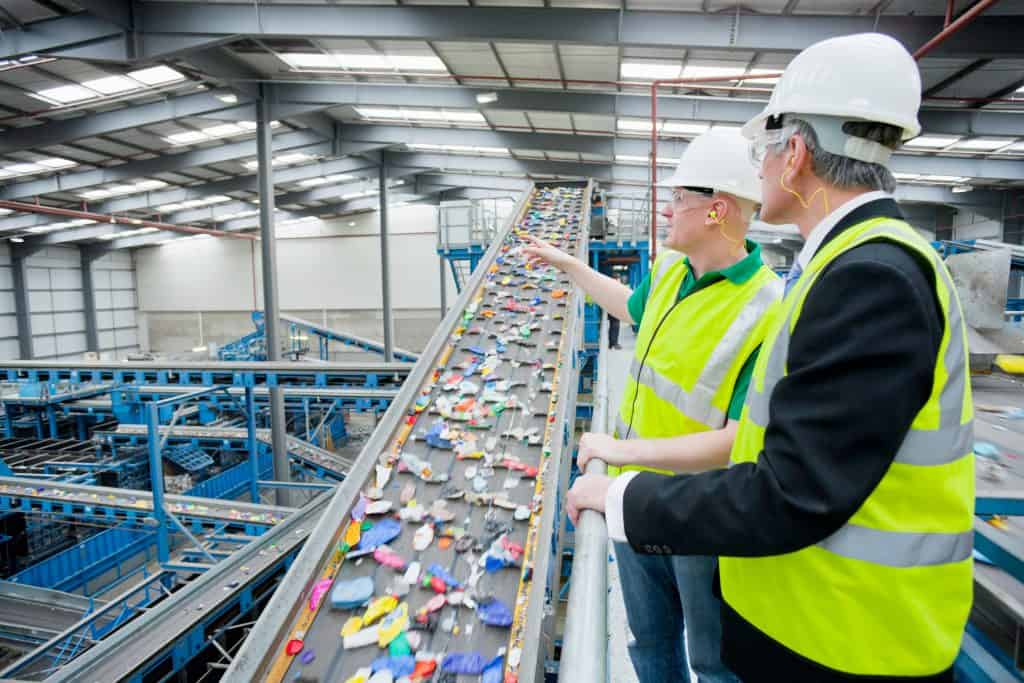Plastic materials trying to recycle is an important element of eco friendly waste materials control, but it’s typically misunderstood. Here’s a comprehensive guide to help you grasp all you need to learn about plastic recycling.
1. Forms of Plastics:
Its not all plastic materials are the same. They may be classified into differing types according to their chemical substance make-up and trying to recycle attributes. The seven principal kinds of plastics are Family pet (polyethylene terephthalate), HDPE (high-density polyethylene), Pvc material (polyvinyl chloride), LDPE (very low-solidity polyethylene), PP (polypropylene), Playstation (polystyrene), and Others (such as polycarbonate and acrylic). Every type demands distinct recycling operations.
2. Trying to recycle Process:
Plastic materials trying to recycle typically entails many techniques. Initially, accumulated plastic materials are sorted based upon their resin sort. Then, they undertake cleansing to take out impurities like dirt and tags. Next, they may be shredded into little items and dissolved down to kind pellets or flakes. These pellets may then be utilized to create new plastic products.
3. Challenges:
Regardless of its relevance, plastics recycling faces different difficulties. Contaminants, brought on by blending several types of plastics or including non-recyclable materials, hampers this process. Additionally, substandard structure and absence of consumer awareness contribute to reduced recycling rates.
4. Enviromentally friendly Affect:
Trying to recycle plastics conserves vitality and decreases the demand for natural materials, thereby minimizing greenhouse petrol pollutants and conserving organic sources. It may also help minimize toxins by diverting plastics from trash dumps and oceans.
5. Importance of Buyer Participation:
Shoppers enjoy an important role in plastics recycling. Proper convenience of plastic material waste materials, which include breaking up recyclables from non-recyclables, guarantees the strength of trying to recycle applications. Deciding on products with small product packaging and opting for reusable choices further endorses sustainability.
6. Improvements in Trying to recycle:
Improvements in technological innovation carry on and improve plastics trying to recycle. Enhancements such as substance recycling, which fails plastic materials into their molecular factors for reuse, provide encouraging methods to boost trying to recycle efficiency and tackle plastic air pollution.
7. International Endeavours:
Governments, businesses, and companies globally are employing projects to handle the plastic-type material spend problems. Some examples are polices to advertise trying to recycle, investment in recycling facilities, and public recognition promotions to motivate responsible ingestion and disposal techniques.
In summary, plastic materials recycling is a vital facet of sustainable spend management, giving several environmental positive aspects. By learning the recycling approach, addressing its difficulties, and actively engaging in recycling endeavours, folks can bring about a cleaner and healthier environment.
